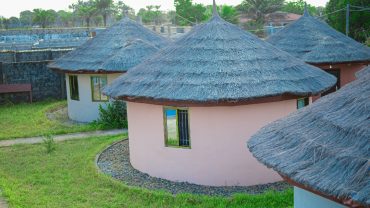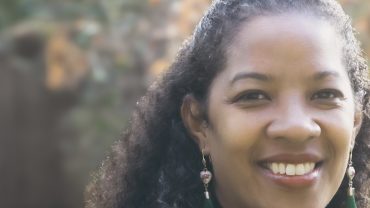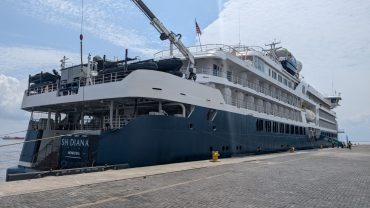BOBOH, Sierra Leone, Oct 10 (Reuters) – Boboh village used to do a roaring trade in the “Pa Gbana” cocktail, a mix of fermented local grasses, coconut and lime favoured by tourists to wash down freshly-cooked lobster. Nowadays there is little demand for the drink, named after the village’s oldest resident: the only foreigners on Boboh’s pristine beaches, south of Sierra Leone’s capital Freetown, are development workers taking time out.
The former British colony’s 1991-2002 civil war, which killed 50,000 people and horrified the world with images of Kalashnikov-toting child soldiers high on drugs, destroyed what was once a lucrative tourism industry. In the heyday of the 1980s more than 30,000 people visited every year, many of them arriving by helicopter and checking into exclusive beachside hotels. Since the war, the numbers have dwindled to almost zero.
Resorts were vandalised by rebels, foreign investors fled and unemployment spiralled. But hopes are rising that tourists could return again after this year’s largely peaceful presidential election, the first since United Nations peacekeepers left after the war and won by an opposition candidate promising to fight corruption.
“The biggest challenge that Sierra Leone faces is tackling the negative perceptions that have been caused by years of war,” said Bimbola Carrol, a Sierra Leonean keen to leave London and move back home to run his own travel business. “I love telling everyone how beautiful and misunderstood Sierra Leone is,” said Carrol, who created a tourism website, Visit Sierra Leone. The site had more than 2 million visits in August, a promising sign for a country where 70 percent of people live below the poverty line. “If managed properly, the benefits of tourism can feed directly into local communities and help alleviate poverty,” Carrol said.
https://www.alertnet.org/thenews/newsdesk/L02884684.htm
- Blog
Introducing Chikadi Huts Resort – Lungi
Chikadi Huts Resort is a small resort in Thorlmosoh, Lungi, about 15 min drive from Targrin, and 10 min from the airport. CHIKADI huts resort offers 15 one-bedroom chalets in a cozy natural african village setting and in a serene and eco-friendly atmosphere. This is a Q&A with the owners of the Resort. 1. What […]
- Blog
Q&A with Malaika Cheney-Coker regarding her debut novel – Creature of Air and Still Water
Malaika Cheney-Coker was born in Nigeria and spent her early years there, as well as some time in the Philippines with her maternal relatives. She later moved to Sierra Leone, where she spent the rest of her childhood. In this Q&A, we discuss her Sierra Leonean roots, the themes explored in her book, and her […]
- Blog
In commemoration of our Independence Anniversary on 27th and 28th April, we were delighted to welcome over 350 excited expedition passengers aboard two luxury cruise liners, SH Diana and Silver Wind, in Freetown. These magnificent vessels docked at Elizabeth Quay and off the Aberdeen Coast, respectively, earning Sierra Leone a prominent place on the global […]




Comment (0)